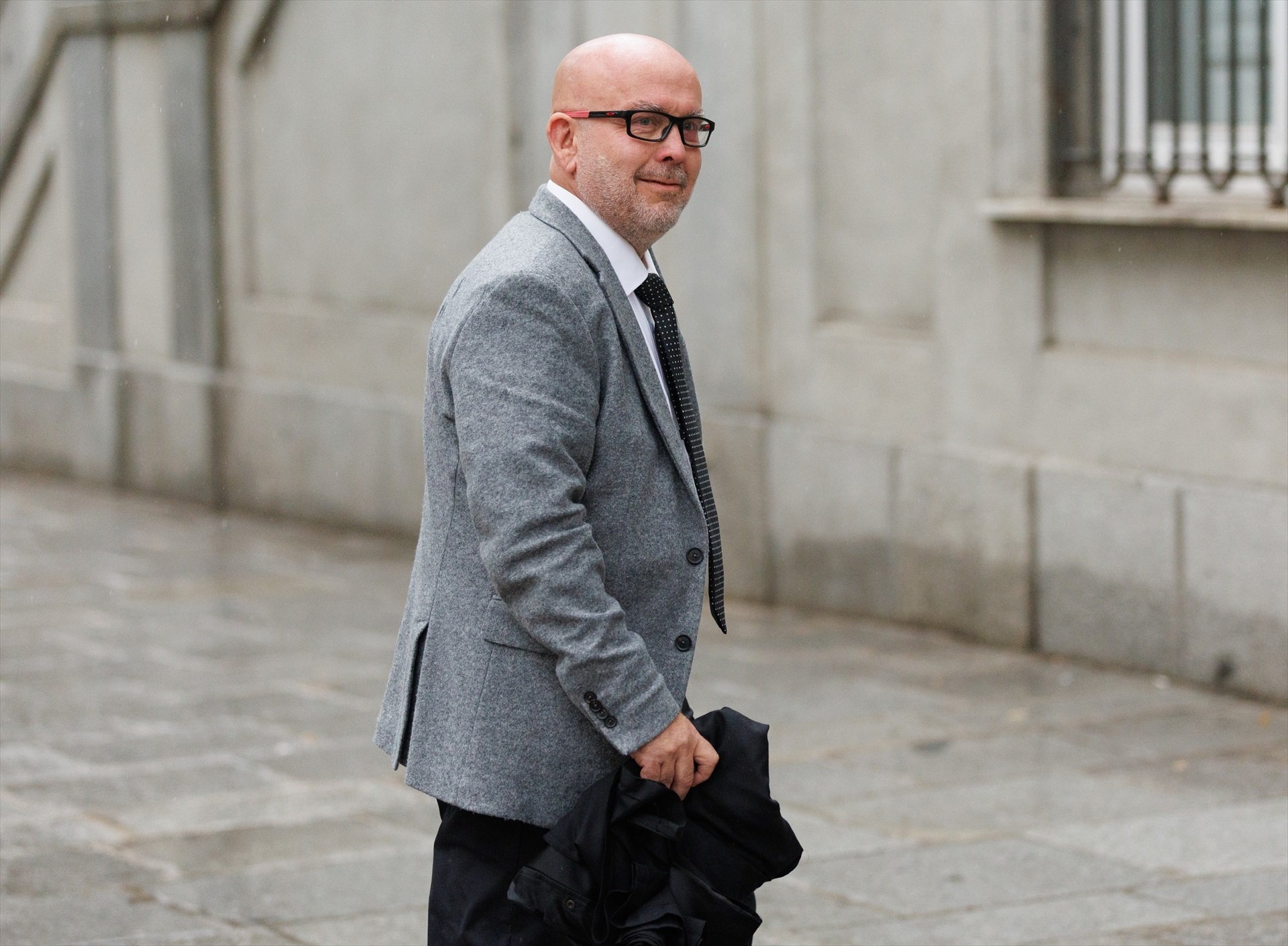While Spanish politicians debate on whether or not to address an amnesty that would end the judicial repression of the Catalan independence movement, the targeting of pro-independence leaders and activists in the courts continues in its full intensity. Gonzalo Boye, lawyer to Catalan president in exile Carles Puigdemont, has filed two new appeals before the Spanish Supreme Court against the investigating judge, Pablo Llarena, after the judge publicly positioned himself against the proposed amnesty law and questioned the constitutionality of the measure. In addition, he also filed two appeals, on behalf of Puigdemont and his former minister Toni Comín, against the judge's order which sets a period of ten days for them to inform whether they have asked the European Court of Justice (ECJ) to impose interim measures to recover their immunity.
In two briefs, to which ElNacional.cat has had access, the lawyer justifies the latest challenge against the investigating judge because of Llarena's statements on September 12th at the University of Burgos, in which during a conference "he elaborated on the possible consequences and actions he would take in the event that the amnesty law were to be approved".
"The statements made by the investigating magistrate leave no doubt about his lack of impartiality and direct interest in the present case, which again require his recusal," he argues in the appeal he processed on behalf of Puigdemont, Comín and Clara Ponsatí. The text recalls different rulings by the judge which, as he assures, evidence his partiality, but also episodes such as the award he received from the "far-right" Villacisneros Foundation.
No legal basis
Meanwhile, Puigdemont and Comín's defence also filed two appeals against Llarena's order in which he set a period of ten days for them to "justify" if they have requested interim measures from the ECJ to recover the immunity that the European General Court (EGC) withdrew from them in its July 5th ruling. The two MEPs filed an appeal against that decision last week, but did not ask for interim measures to regain immunity while the Court of Justice rules. That puzzled the investigating judge, who was waiting to know whether Puigdemont had asked for precautionary measures in order to decide if he will activate the European arrest warrant as demanded by the Prosecutor's Office, or whether, alternatively, he would wait for the European high court's ruling on the appeal.
Boye warns there is no legal basis for Llarena to make this demand, which calls for the exiled Catalan leaders to inform of their intentions in relation to the interim injunction and that, therefore, the ruling "is not pursuant to law". The lawyer criticises that the judge intends to "dodge" the legal protocols established for obtaining information on the status of a procedure "through a request for information to the defence without legal protection of any kind". He notes that an injunction imposes the obligation to give an answer, although in this case the Spanish judge has no legal basis to demand it.

